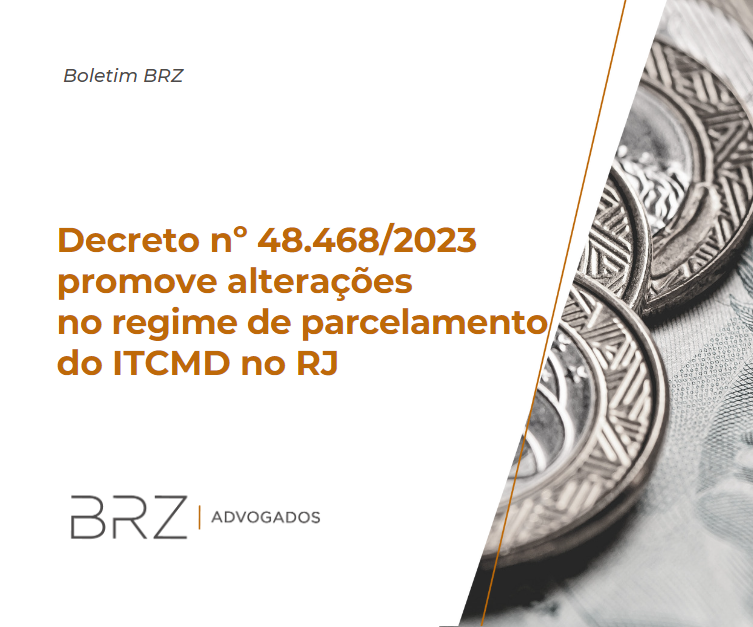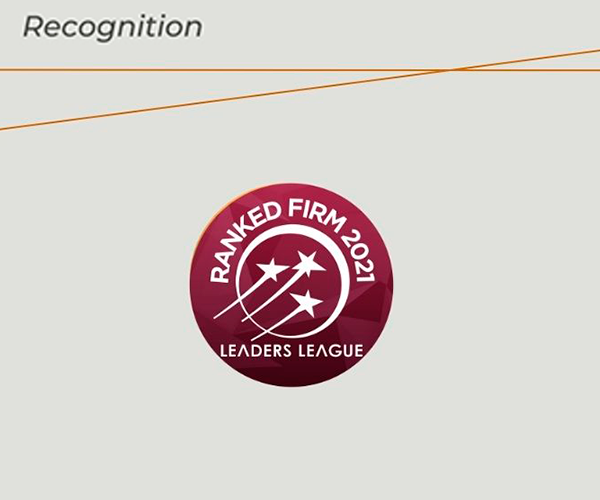Recycling of Solid Waste

Last Thursday (09), the President sanctioned Law No. 14,260/2021, which establishes incentives for the recycling industry. However, the tax incentives provided for individuals and legal entities that support projects dedicated to the reuse, treatment and recycling of solid waste were vetoed by the president, who only allowed the creation of a fund that is still to be regulated by the Brazilian Securities and Exchange Commission (CVM). Check out the newsletter prepared by our tax law team and learn more about the effects of the vetoes on the original proposal.
Law that would create incentives to the recycling of solid waste is sanctioned with vetoes that render it ineffective
Published on December 17, 2021
On 12/09/2021, Law No. 14,260/2021, from Bill 6,545/2019, was sanctioned, its goal was to enable incentives to the recycling industry. However, the enactment of the law took place in a rather peculiar fashion, for the content published was quite different from the bill due to the vetoes imputed by the President, who allowed only the creation of a fund that is still to be regulated by CVM. Although article 14 of the new law created the National Incentive Commission for Recycling (CNIR), no incentive was, in fact, established by the law.
One of the vetoed provisions allowed individuals and legal entities, taxed on the basis of taxable income, to opt for the deduction from their Income Tax of any financial support lent to recycling projects approved by the Ministry of the Environment. Another affected provision regarded the creation of the Fund for Actions Towards Recycling (Favorecicle), whose purpose was to ensure and allocate resources exclusively for recycling and reuse of solid waste projects.
The President applied these vetoes under the allegation that the tax incentive would result in revenue waiver, and that there was no demonstration of its tax impact and considerations that would safeguard the achievement of tax goals and under the argument that Favorecicle would allow tax revenue to be bound to it, when its objectives could be achieved by means of the linking of specific budget revenues or direct execution by budgetary and financial programming.
However, the vetoes may still be denied. For this to happen, the majority of the National Congress must vote, that is, 257 votes of congresspeople and 41 votes of senators. Senators and congresspeople will review the vetoes in a joint session yet to be scheduled.
Unfortunately, the government is not open to the creation of tax incentives, even if these are intended to achieve public objectives, in this case, the incentive to recycle waste, which brings so many benefits to the environment and is a great ally in achieving CO2 reduction goals. We saw the same thing happen when Law No. 14,119/21 was sanctioned, it meant to institute the National Policy on Payment for Environmental Services, at which time tax incentives were vetoed, which led to the National Congress to overturn the vetoes so that these could be created.
#recycling #solidresidues #brztax #taxincentives



